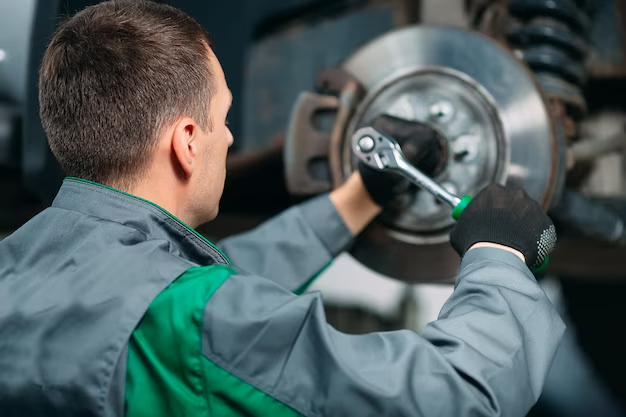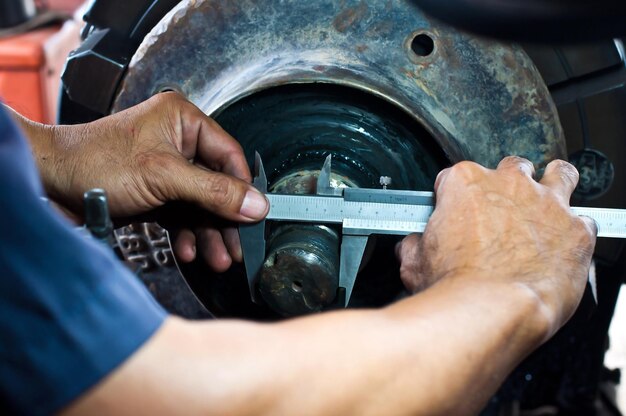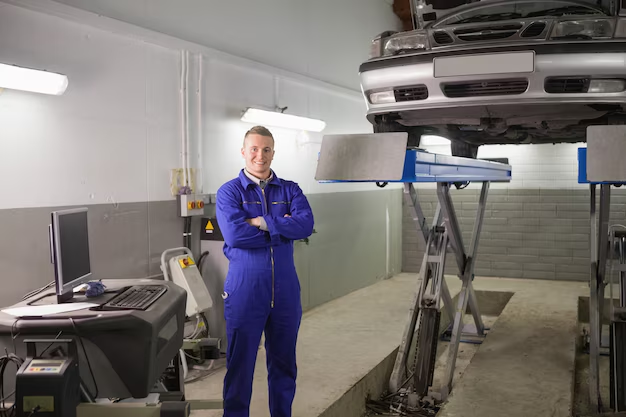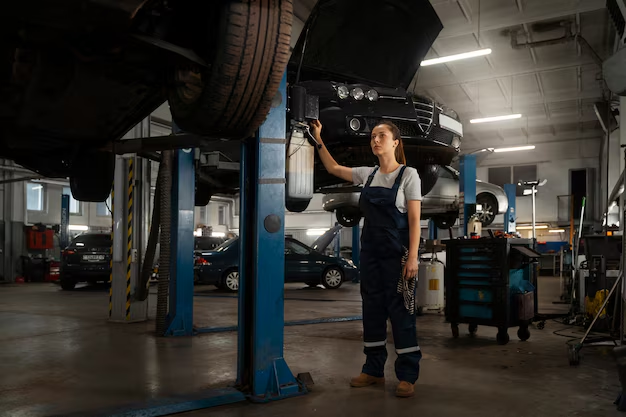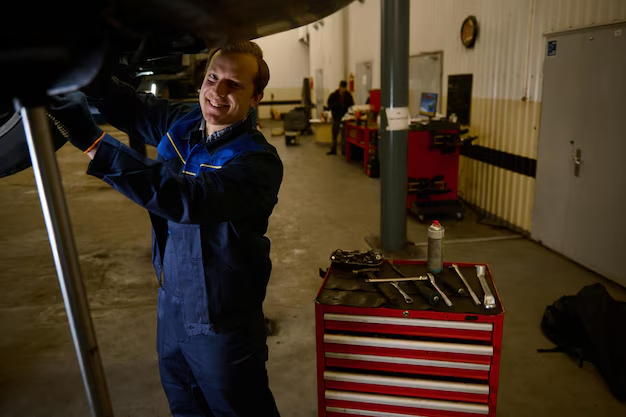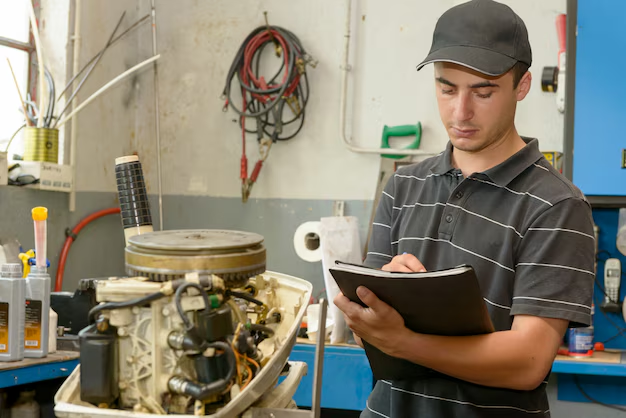- Whistler's Auto Repair
- Auto repair
How to Prepare Your Vehicle for an Oklahoma Road Trip
Oklahoma’s diverse landscapes, from the lively streets of Tulsa to the scenic stretches of Route 66, make it an incredible place to explore by car. Before you head out, ensuring your vehicle is ready for the journey is essential for safety, comfort, and peace of mind. This guide covers everything you need to know to prepare your vehicle, including why a professional inspection in Glenpool can make all the difference.
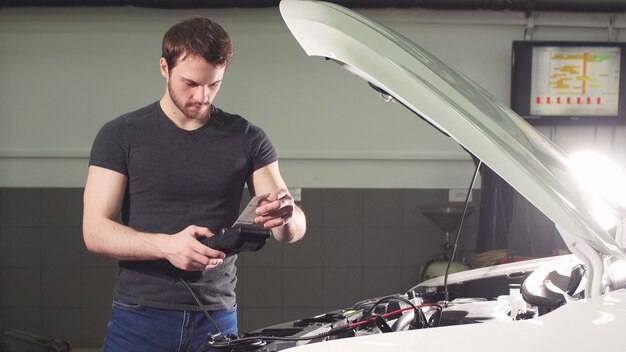
Why Vehicle Readiness Matters
A road trip should be enjoyable, not stressful. Mechanical issues can quickly turn an exciting adventure into an inconvenient and expensive problem. Regular maintenance and pre-trip checks protect you from breakdowns, unexpected repair costs, and delays.
For example, a roadside tow in Oklahoma can cost anywhere from $75 to over $200, depending on the distance. By addressing maintenance ahead of time, you can avoid unnecessary expenses and keep your trip on schedule.
Consequences of Skipping Vehicle Preparation
Neglecting routine checks increases the risk of breakdowns, safety hazards, and poor fuel efficiency. A common issue, such as low tire pressure, can cause blowouts on hot roads, leading to costly repairs and wasted time. Preventive maintenance not only reduces the likelihood of mechanical failures but also ensures your vehicle performs efficiently throughout your trip.
Key Pre-Trip Maintenance Checks
1. Tires and Wheels
Inspect all tires for wear, cracks, or uneven tread, and ensure they’re inflated to the manufacturer’s recommended pressure. Don’t forget the spare tire. Properly inflated tires improve fuel economy and handling, and regular rotation every 5,000–8,000 miles extends their lifespan. A quick tire inspection can prevent a flat or blowout that could cost $50–$200 to fix on the road.
2. Fluids and Filters
Check engine oil, coolant, brake fluid, transmission fluid, and windshield washer fluid. Replace or top up as needed. Also inspect the air filter; a clean filter helps maintain optimal engine performance and fuel efficiency. A complete fluid check typically costs between $50 and $150—an affordable way to prevent expensive repairs from overheating or engine failure.
3. Battery and Lights
Test your battery’s charge and examine all exterior and interior lights. Corroded terminals or weak batteries can leave you stranded. Replacing a worn battery generally costs $50–$200, a small investment compared to the frustration of a dead car on a road trip.
Professional Vehicle Inspection in Glenpool
While self-checks are helpful, a professional inspection ensures your car is fully road-ready. At Whistler’s Auto Repair in Glenpool, certified technicians perform comprehensive inspections covering brakes, suspension, steering, exhaust, and all major systems. Using advanced diagnostics, they identify issues before they become costly problems.
A professional inspection typically costs between $100 and $200, but it can save you thousands in future repairs and provide confidence that your car is ready for long-distance travel.
Seasonal Tips for Oklahoma Road Trips
Oklahoma’s weather varies widely, so seasonal preparation is essential.
- Summer: Test your air conditioning system and ensure all cooling fluids are topped off. Sunshades and extra water help keep both passengers and vehicles cool. Servicing the A/C system generally costs $100–$300 and is worth every dollar during hot summer drives.
- Winter: Check antifreeze levels, heater performance, and tire tread depth. Pack an emergency kit with blankets, non-perishable food, and a flashlight. Winterizing your car typically costs $50–$200 and is critical for safe travel in colder months.
Smart Travel and Safety Essentials
Before hitting the road, pack a few essentials to stay prepared and comfortable:
- Emergency Supplies: First aid kit, jumper cables, flashlight, reflective vest, and a roadside tool kit. These items cost less than $100 and provide essential protection during unexpected situations.
- Comfort Items: Snacks, water, chargers, and entertainment like playlists or audiobooks to make long drives more enjoyable.
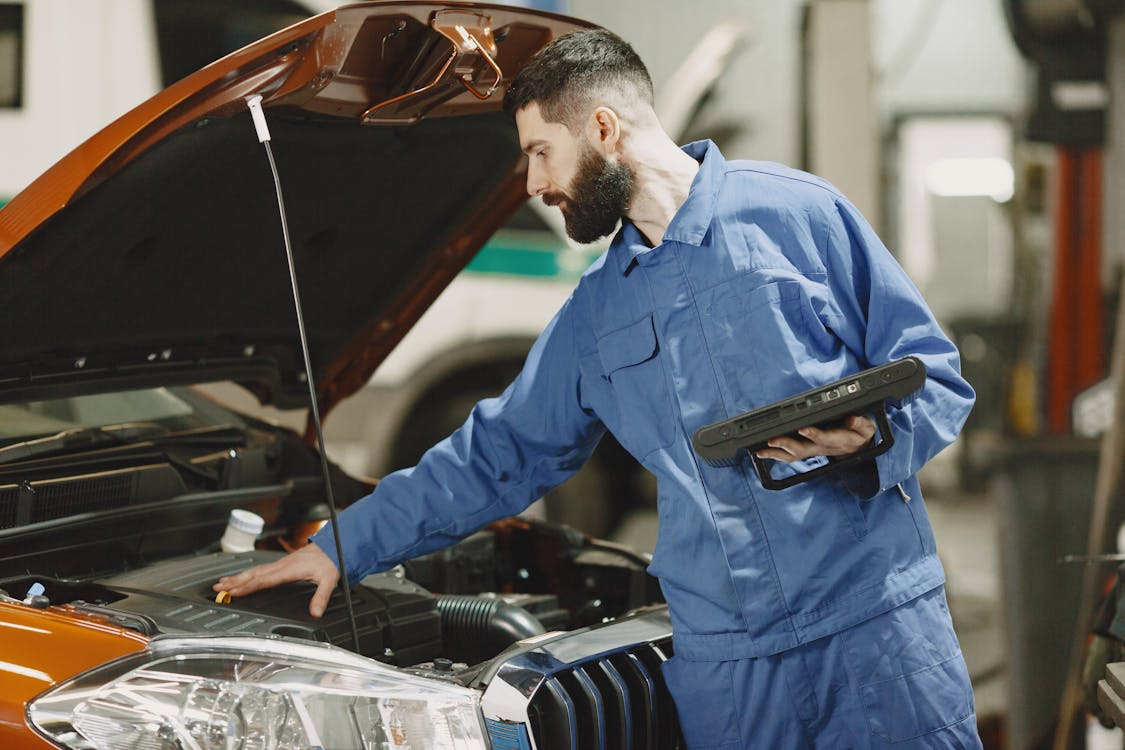
Drive Confidently with Whistler’s Auto Repair in Glenpool
Whether you’re exploring Oklahoma’s open highways or heading into the countryside, preparation ensures your trip stays safe and stress-free.
For complete peace of mind, schedule a professional vehicle inspection at Whistler’s Auto Repair in Glenpool. Our skilled technicians will thoroughly check every system in your car, helping you avoid roadside problems and ensuring peak performance from start to finish.
Start your journey with confidence—book your inspection today and enjoy the open road knowing your vehicle is in expert hands.

